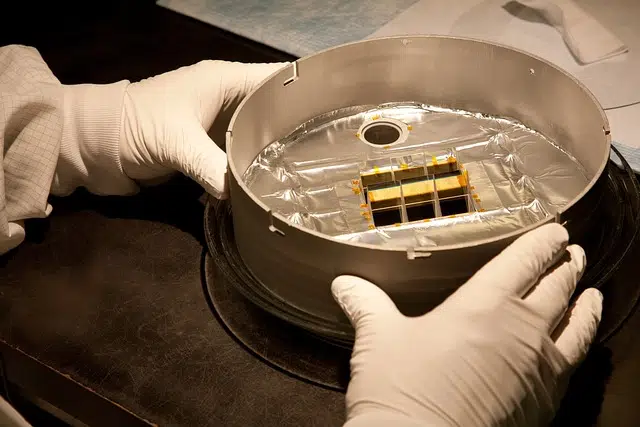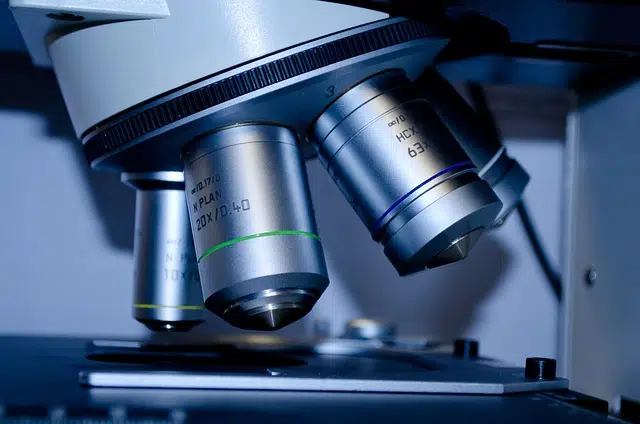
Technoscience represents the interaction between academia and industry, between science and technology.
The concept of technoscience is not part of the dictionary of the Royal Spanish Academy ( RAE ). The notion, however, is used to refer to the framework formed by science and technology .
Academia and industry
Technoscience is associated with the interaction between academia and industry . Scientists and technologists work together with other actors to promote advances and promote progress .
It can be said that technoscience is the set of research, development and innovation (R+D+I) tasks in which technology and science enhance each other to achieve mutual benefits. This type of operation became common from the last decade of the 20th century .
Technoscience, in short, means going beyond basic research to focus on the instrumental use of scientific knowledge in pursuit of advances that are profitable from an economic point of view. That is why one of the characteristics of technoscience is the preponderance of private investment .
The emergence of technoscience has generated important changes in scientific activity. Nowadays there is a tendency to seek practical knowledge that can lead to the creation of patents. Scientists, on the other hand, are often not free to publish their research, but must have permission from government offices or the companies that are responsible for subsidizing their work .
The term
The French philosopher Gaston Bachelard was responsible for making the term technoscience popular in the academic field in 1953. Later, other people played an important role in its continued expansion. Such was the case of Gilbert Hottois , a Belgian philosopher, who fueled the popularity of this term towards the end of 1970 and beginning of 1980.
However, it was the French philosopher Bruno Latour who brought the concept to the English language through his book titled Science in Action , from 1987. This thinker reflected on the fusion between science and technology, a characteristic of the modern world. His work was very effective because it brought together various arguments that until then had not been treated together under one roof.
Some of the main points that Latour discussed regarding technoscience are the following:
* : the way in which technology and science are intertwined in certain areas, such as laboratory studies;
* the ability that both engineering workshops and laboratories have to alter the world and turn it into a new one, which we have not experienced until now;
* the fluid and inconspicuous link that exists between scientists, social actors and engineers, something that can be deepened by reading the theory called heterogeneous engineering , developed by the British sociologist John Law ;
* the tendency of the world of technoscience to develop new intersections between nature and culture, consequently making it more difficult to see the border that exists between the two.

The scientific laboratory is a space that shows the fruits of technoscience.
change the world
Above we mentioned that Latour recognized in his work that technoscience can change the world, and this statement is even more evident in the 21st century. We must not forget that the science-technology duo is made up of people, who live on the same planet as the potential consumers of their creations. They dedicate their knowledge to pursuing changes in those aspects of life that they would also like to improve for their own enjoyment.
In this framework we must mention the eternal debate around the consequences of the misuse of advances and creations from the world of technoscience. In many cases, the line between responsible use and malicious use is very thin, but it is up to each one to establish legitimate and respectful purposes.
